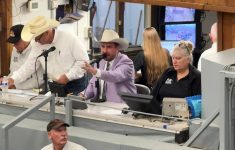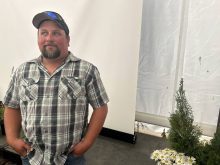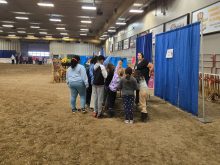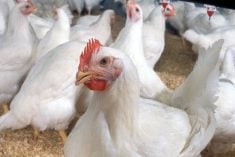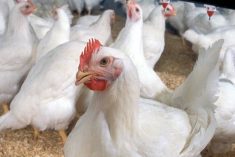Manitoba’s beef producers want a second look at funding for veterinary service districts.
A late resolution brought before the Manitoba Beef Producers (MBP) annual meeting Feb. 2 hoped that would ensure government contribution “is more reflective of the actual cost of delivering the needed rural veterinary services that are so important to the livestock sector and others.”
“I have been part of a vet district in southwestern Mantioba, realizing the costs that it takes to operate said vet services,” said Bill Campbell, former Keystone Agricultural Producers president and Minto-area farmer. “I think that it is very important that we have that ability to fund our vet services and the buildings.”
Read Also
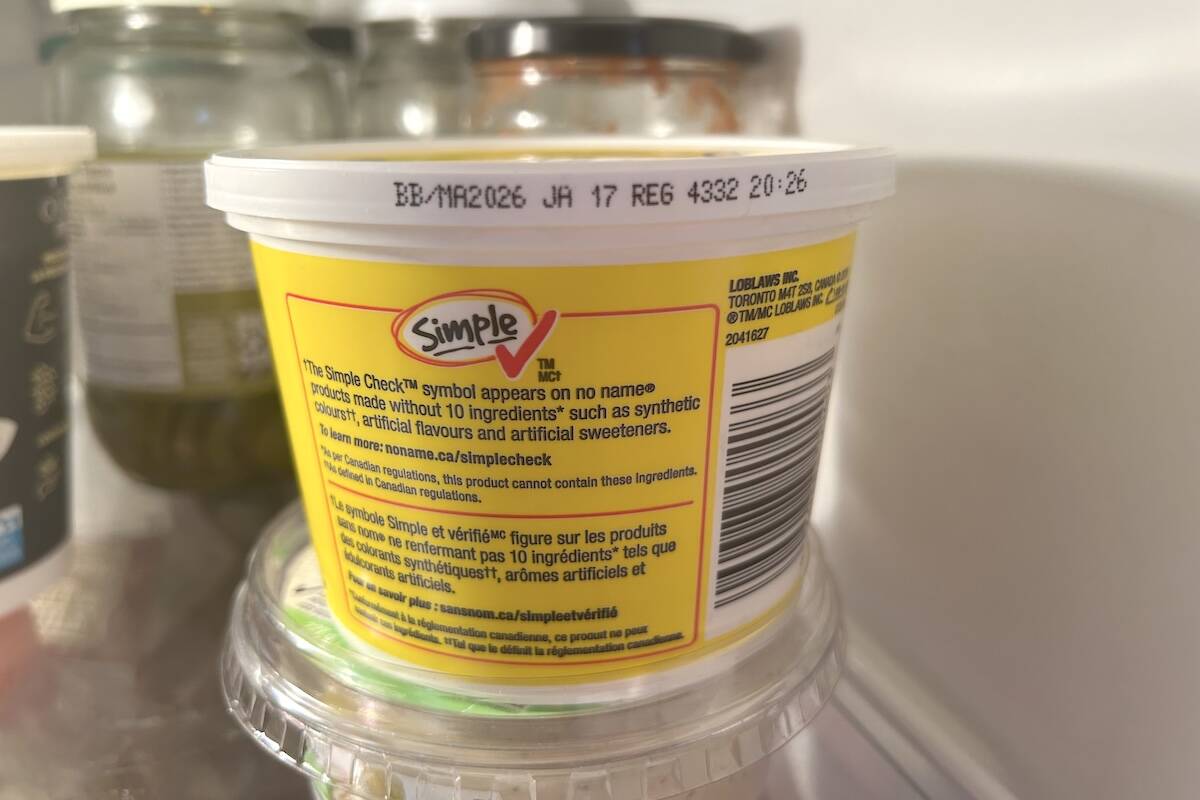
Best before doesn’t mean bad after
Best before dates are not expiry dates, and the confusion often leads to plenty of food waste.
The cost of those services and necessary equipment are going up, he said.
Rural vet shortages have been flagged as an increasing problem across Western Canada.
In May 2022, the Manitoba Veterinary Medical Association sent a letter of concern to the province, highlighting a general veterinarian shortage. The association estimated that at least 68 full-time vet jobs in the province were vacant and that the gap was at “crisis levels.”
At that time, the association suggested increasing funded student spaces at the Western College of Veterinary Medicine from 15 to 25 annually.
Later that year, the province announced that it would be increasing those funded spaces by five. The province will be funding 20 slots at the college starting in 2023-2024.
Poultry and large animal veterinarians will be the focus of the boost, Agriculture Minister Derek Johnson said at the time.
The province added that students looking to return to Manitoba, service the ag sector and that have farm experience would be prioritized for the new seats.
In an October 2022 interview with the Co-operator, the college estimated that it gets three applications from Manitoba for every funded seat.




